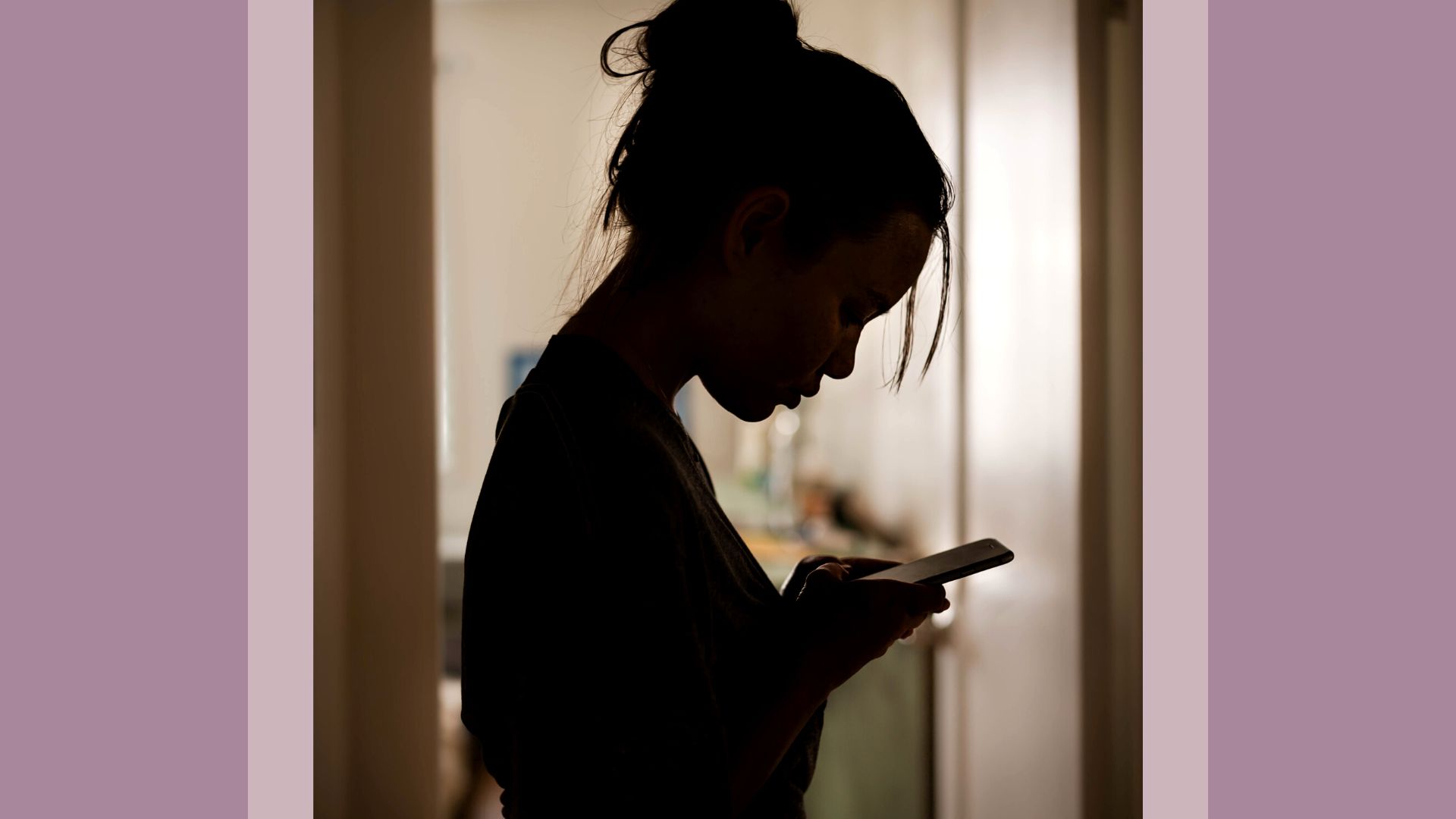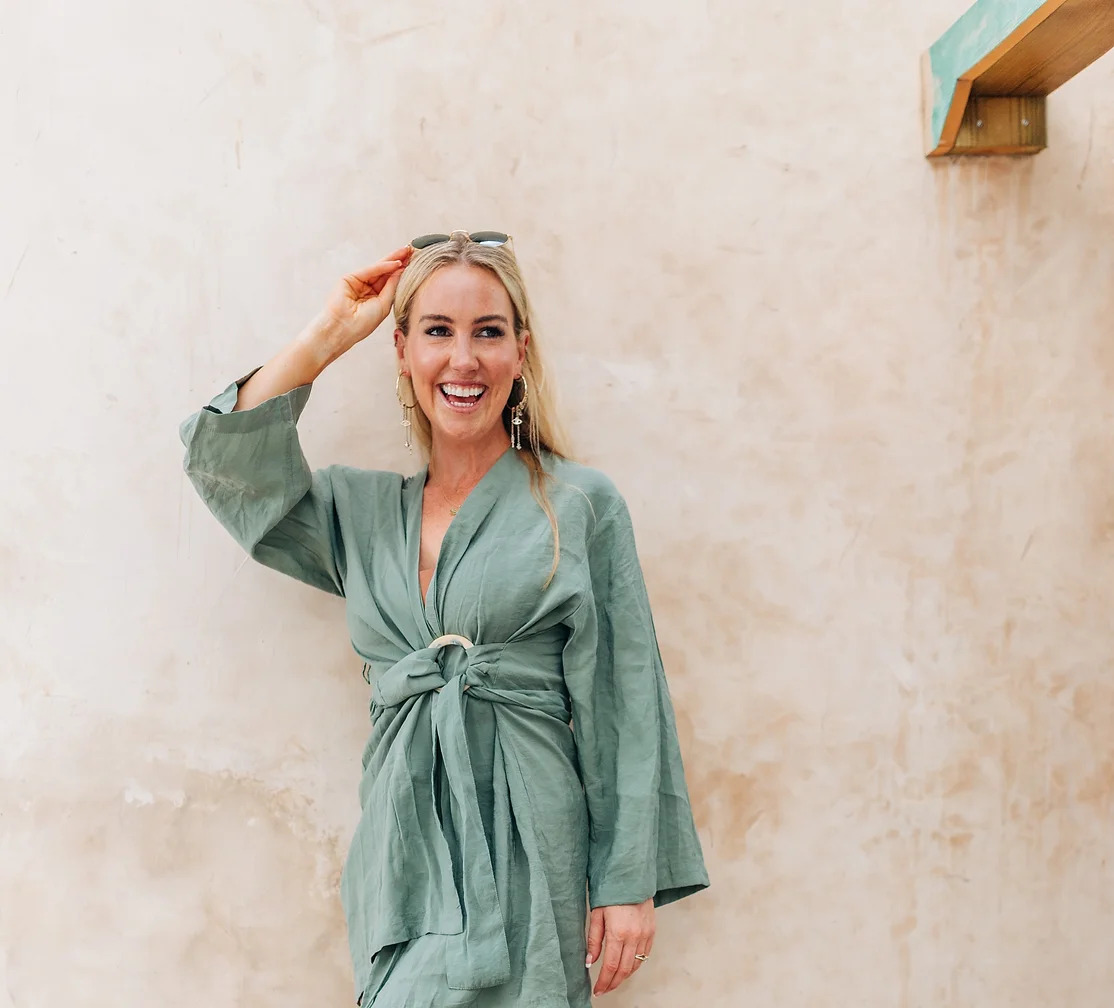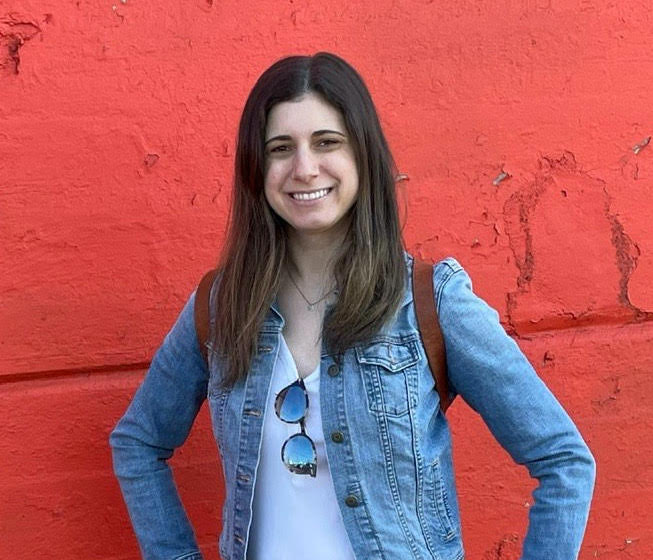What is 'dark psychology'? Inside the dangers of the social media trend
A positive psychology coach breaks down the dark psychology TikTok trend and all of its red flags


TikTokers love a good manifestation technique, but dark psychology takes the abstract practice a step too far.
While the likes of Lucky Girl Syndrome promote a positive mindset, and Main Character Energy embraces a selfish-but-necessary attitude for singles, this new trend of dark psychology is raising red flags on FYPs and beyond.
"Content creators promise to teach you 'how to control anyone without them knowing' and 'uplevel' your love life," says positive psychology coach Elle Mace. "This promise of empowerment is most likely the reason the trend has caught on so quickly."
But is it really putting the power in women's hands, or is dark psychology setting us up for unrealistic situations? Studies have suggested that now more than ever, particularly after the pandemic, people are looking for meaningful, serious romantic connections. So why are we being drawn to a manipulative technique that ultimately sets us up for something artificial?

Elle is a therapist tackling relationships, eating behaviors and mindset. She has her own podcast on self-development and mental health, called More to Life.
What is dark psychology? Inside the social media trend
Remember in grade school when you were dying for your crush to look your way? You swore you'd do anything to make them like you. That is essentially dark psychology: doing whatever is necessary to get the love you want, even if it's not necessarily right for you or your "paramour." It's a hopeful romantic with a dark twist.
"True to its name, dark psychology is simply a way to harness the more manipulative aspects of how humans relate to one another," Mace says. "The goal? To cause the 'object of your attention' to become infatuated—one could say obsessed—with you."
While Mace notes that content creators don't necessarily suggest that their followers take part in the practice, the overall energy surrounding the fad is particularly negative. It's calculating and deceiving, and it's disguising itself as a way for women to be in control over romantic partnerships. But in reality, it's only promoting what's not meant to be, instead of allowing connections to flow naturally.
"In a dating culture where pick-up artists have long held the upper hand by using the techniques now labeled as dark psychology, it’s easy to see why the idea of turning the tables is tantalizing bait," Mace adds.
How does dark psychology differ from manifesting?
If you ask Mace, dark psychology and manifesting are on opposite ends of the spectrum.
"There is a vast difference between focusing on the positive and believing you are 'lucky' and trying to crawl inside someone else’s head to create an unhealthy dependence on your presence in their life," she says.
Manifesting is ultimately supposed to be uplifting and all about you, but dark psychology is all about forcing connections rather than allowing them to happen organically.
"Manifesting builds off the concept of harnessing your own strength and worthiness to magnetize your dreams," Mace adds. "Dark psychology encourages you to slash your lover’s worthiness in half (or worse) to make them love you."
How do we spot dark psychology in real life?
"Think of a sliding scale of behaviors like ghosting or withholding communication when the other person does something wrong, creating a love triangle to keep them on edge and stir up insecurity. Not so long ago, a fair amount of the advice being given would have simply been labeled narcissistic behavior," Mace says.
Yes, we know dating in 2023 is not necessarily easy, and life can get in the way of the search for your significant other. But take a step back, stay true to yourself and good things will come. And if you need a few pointers, have a look at our expert-backed online dating tips!

Need a TV show recommendation? Maybe a few decor tips? Danielle, a digital news writer at Future, has you covered. Her work appears throughout the company’s lifestyle brands, including My Imperfect Life, Real Homes, and woman&home. Mainly, her time is spent at My Imperfect Life, where she’s attuned to the latest entertainment trends and dating advice for Gen Z.
Before her time at Future, Danielle was the editor of Time Out New York Kids, where she got to experience the best of the city from the point of view of its littlest residents. Before that, she was a news editor at Elite Daily. Her work has also appeared in Domino, Chowhound, and amNewYork, to name a few.
When Danielle’s not writing, you can find her testing out a new recipe, reading a book (suggestions always welcome), or rearranging the furniture in her apartment…again.